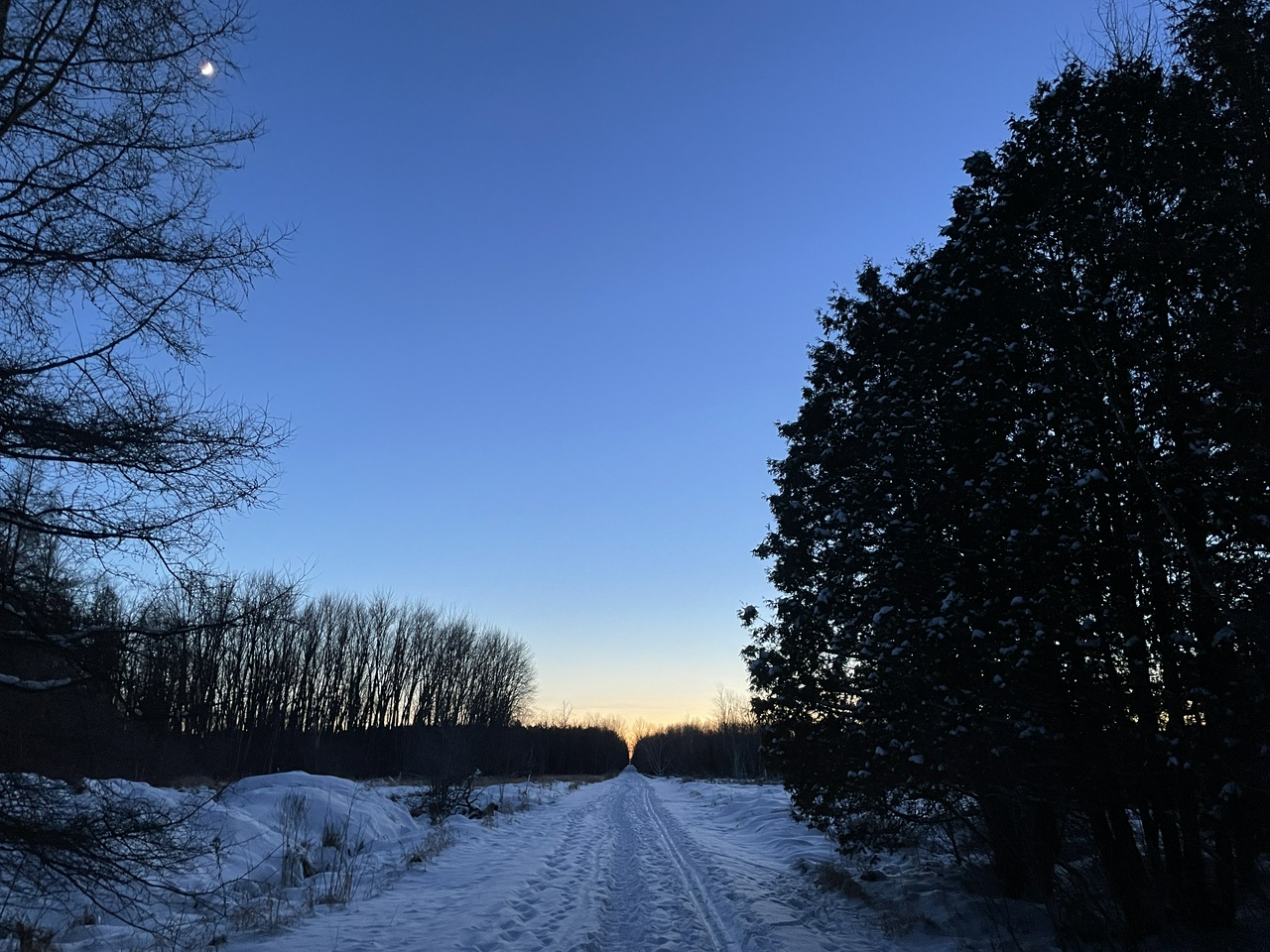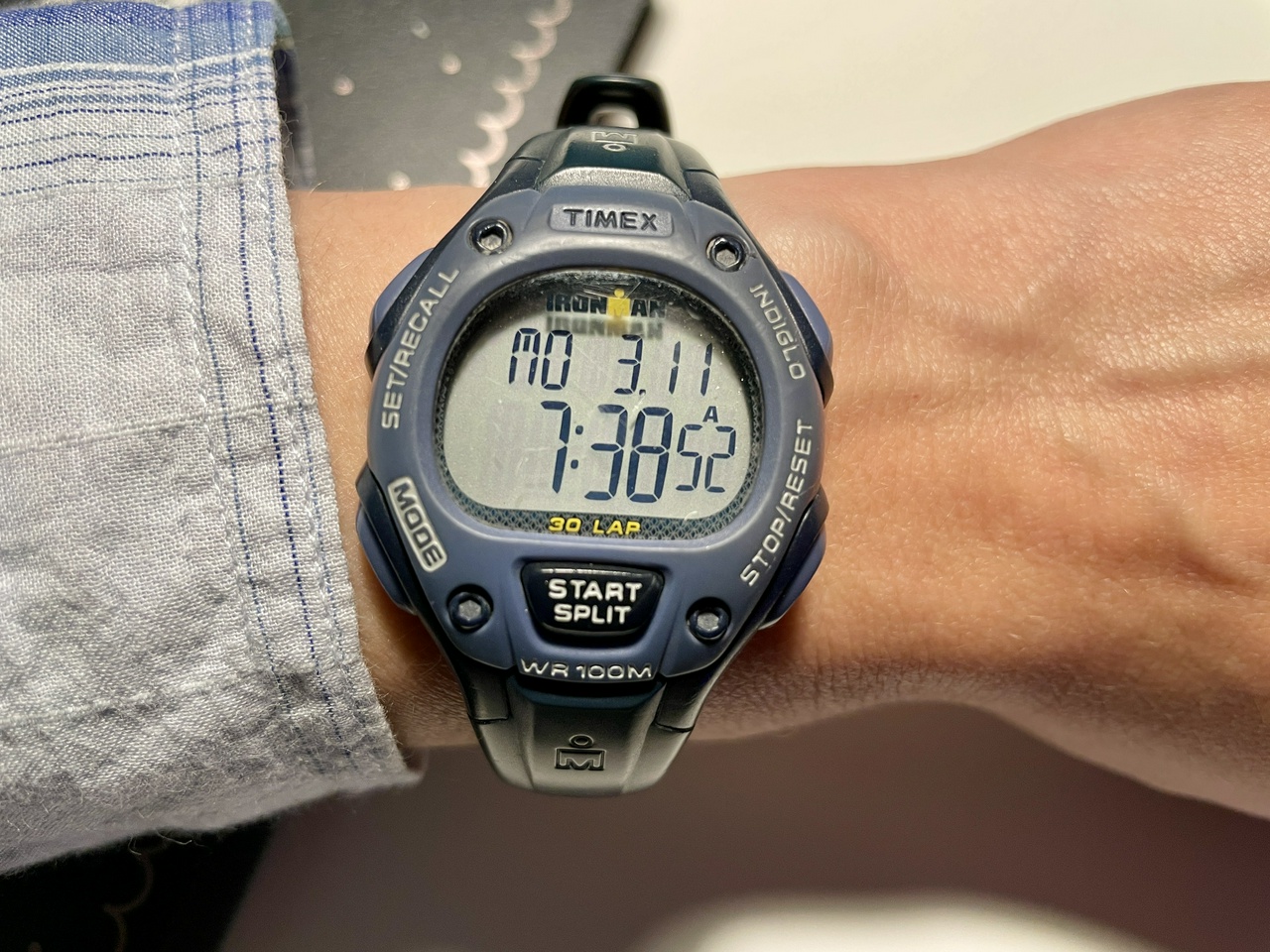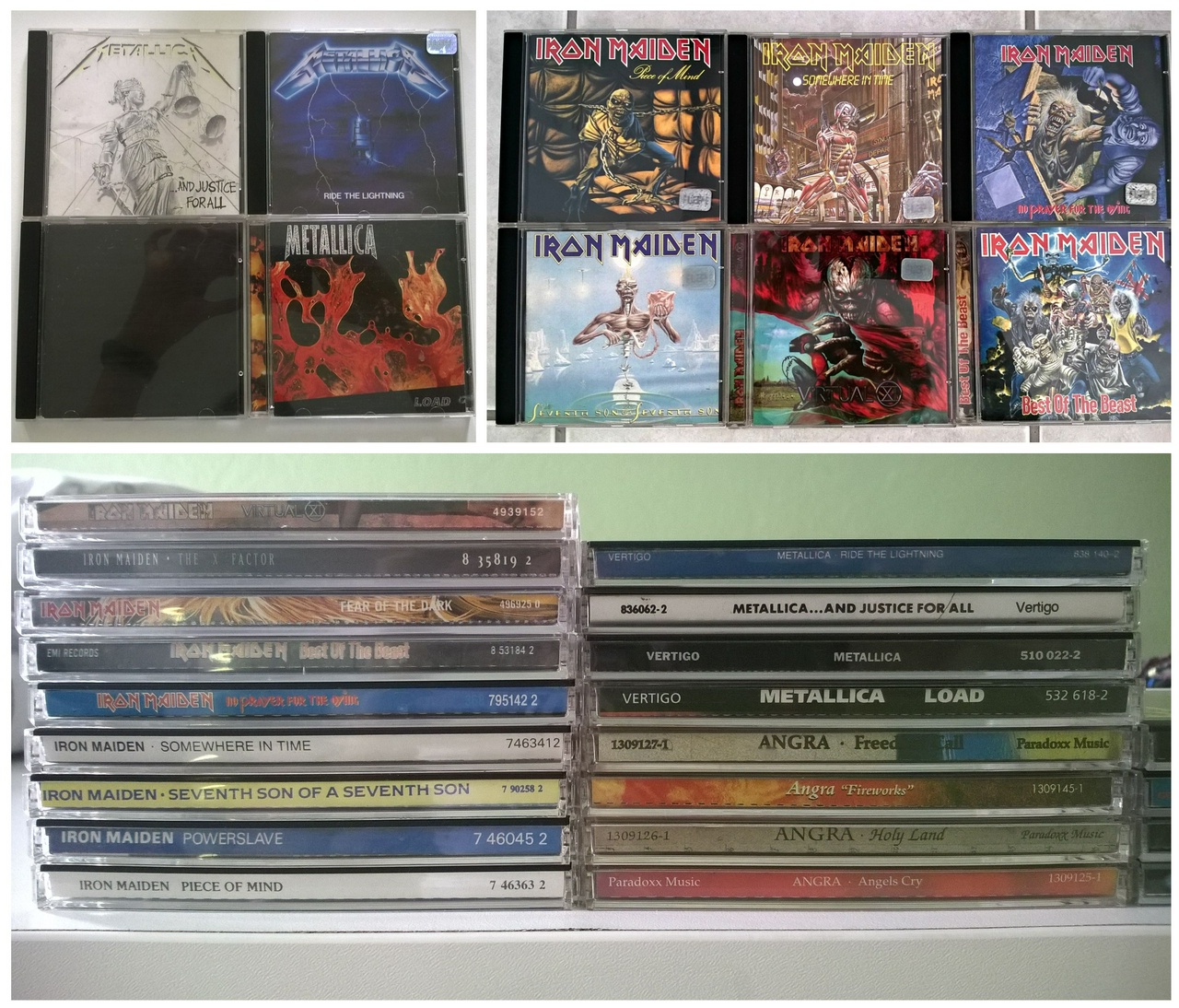I was tagged by Joel to answer the Technology Questions Challenge!
🙌Challenge accepted!
When did you first get interested in technology?
I’ve always been draw to machines that could do things: TV’s, radios, rotary telephones, cassette players (note: I was born in 1979). These devices fascinated me, and I constantly annoyed my parents by asking how they worked. I even managed to destroy the only tube TV in our house while conducting an “experiment”: I partially unplugged it and touched both prongs of the plug with a piece of metal (I think it was a spoon) while the TV was still connected to power. BOOM—fried TV! My parents were not happy, especially since we were growing up during a time of crazy hyperinflation in Brazil, and electronics were not easy to replace.
But I truly fell in love with technology when my dad—who was a mathematician, civil engineer, and university professor—got access to computers at the university. One day, he brought home a small personal computer: the TK-85 (a Brazilian clone of the ZX81). I was hooked immediately. I must have been around 7-8 years old.
The TK-85 ran a BASIC operating system. It had a small keyboard, a joystick, no mouse, a TV output and it could be hooked up to a cassette player to load up programs. It didn’t have internal memory in the way we think of it now—every time we wanted to use a program, we had to load it into the RAM, which could take 30 minutes or more depending on the file size. The cassette player made these weird, alien-like noises while loading.
That’s how I got started with computers. I learned BASIC and DOS, and I still remember the thrill of moving from a text-only interface to using Windows for the first time—with a mouse and multiple windows! 😱 The mouse was mind-blowing to me.
The rest is history. My dad kept upgrading our home computer, and as soon as I could save up enough money, I bought my own PC.
What’s Your Favorite Piece Of Technology All-Time?
This question always makes me think of the fundamental technologies that enabled the modern world: sanitation, steam engines, photography, electricity, the telegraph, the transistor, telephones, and more. Maybe I’m going too far back—but without electricity, we wouldn’t have any of it. So, I’ll say electricity!
If I had to name a favorite object, it would be the personal computer (with a good keyboard!). A close second would be the digital wristwatch.
What’s Your Favorite Piece Of Technology Right Now?
I love e-readers! I think they are such a neat piece of technology! I got my first Kindle in 2012 and used it for nine years before switching to a Kobo Libra H2O in 2021 (a few years after I moved to Canada) which I still use daily. E-readers gave me access to books that weren’t published in Brazil or were too expensive to import. I truly believe they help democratize access to knowledge, which makes it all the more frustrating to see what Amazon is doing with the Kindle ecosystem right now. Still, there are great alternatives out there, and I’m hopeful that independent e-readers will continue to innovate.
Name One New Cool Piece Of Technology We’ll Have In 25 Years!
I can’t predict the future, but I hope we move toward more sustainable production and use of technology. I’d love to see a future where planned obsolescence is a thing of the past and devices are modular, upgradeable, and repairable, so we stop generating the massive amounts of e-waste we see today.
So, it would be cool to have modular technologies. Also, solar or renewable powered devices and wearables. It would be amazing to have fully biodegradable electronics.
I also hope we create digital environments that aren’t driven solely by corporate interests: places where ecosystems can communicate with one another, protect privacy, encourage diversity and equitable access to knowledge (not just feed us junk and ads).
Final thoughts
This was fun! Thanks @Joel for tagging me!
It was nice to go down memory lane and reflect on how technology shaped who I am and how it could shape our future. I feel incredibly grateful to have had access to a computer at such a young age. Back then, computers weren’t ubiquitous in Brazil. It took years for personal computers to become truly popular and affordable. My dad was fortunate to be part of a small group of people who worked with computers early on, and that gave me a rare opportunity.
I’m hopeful that we’ll wake up from the hot mess we’re in today and shift toward a future where technology is more sustainable, open, accessible, and focused on helping humanity rather than exploiting it.
I will nominate:
—-
Update
Here are the responses:
—-
Post 81/100 of 100DaysToOffload challenge (Round 2)!
#100DaysToOffload #100Days #challenge #tech #noisymusings
Thoughts? Discuss... if you have a Write.as account or Reply by email
By Noisy Deadlines
Minimalist in progress, nerdy, introvert, skeptic. I don't leave without my e-reader.




